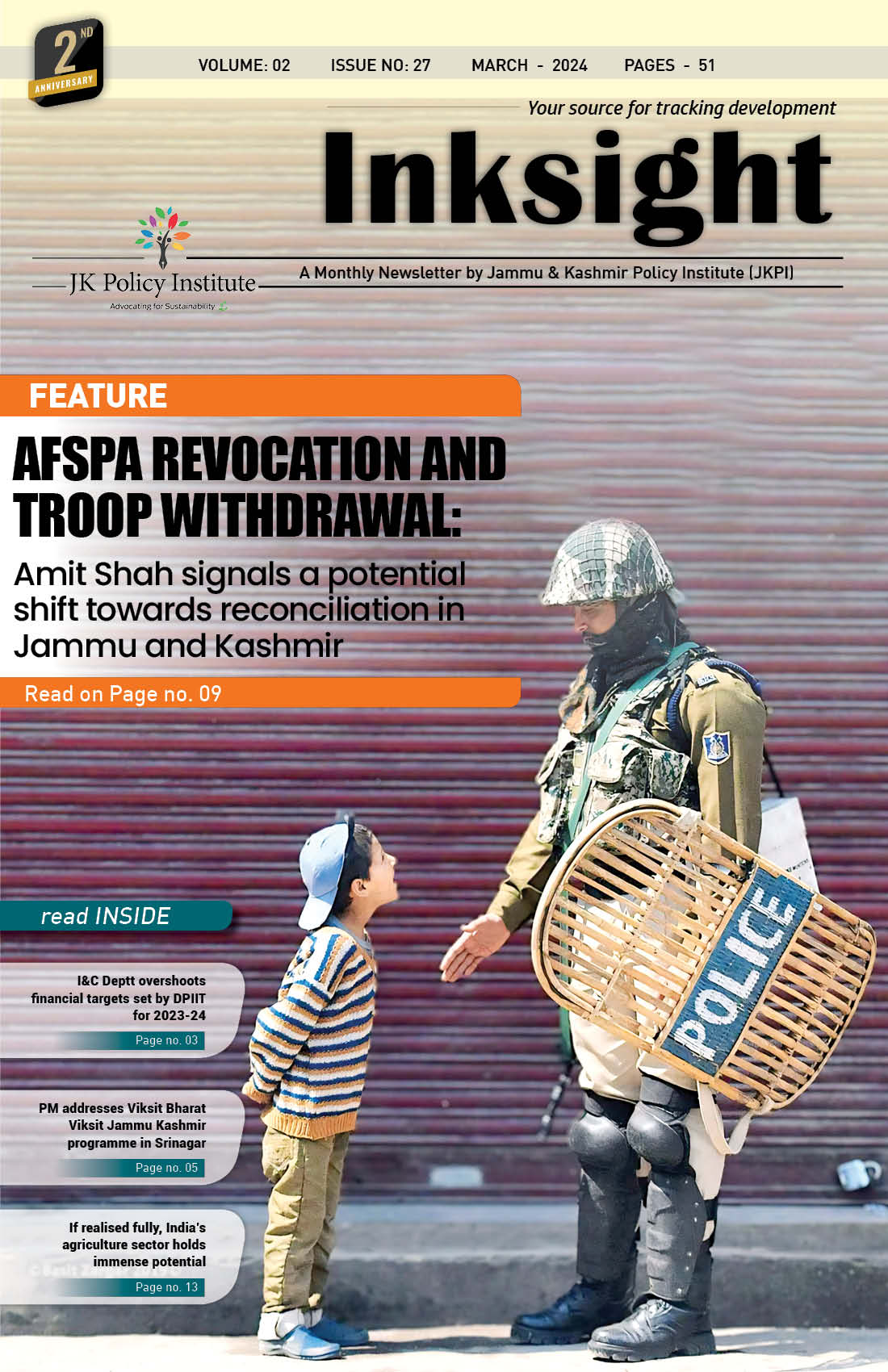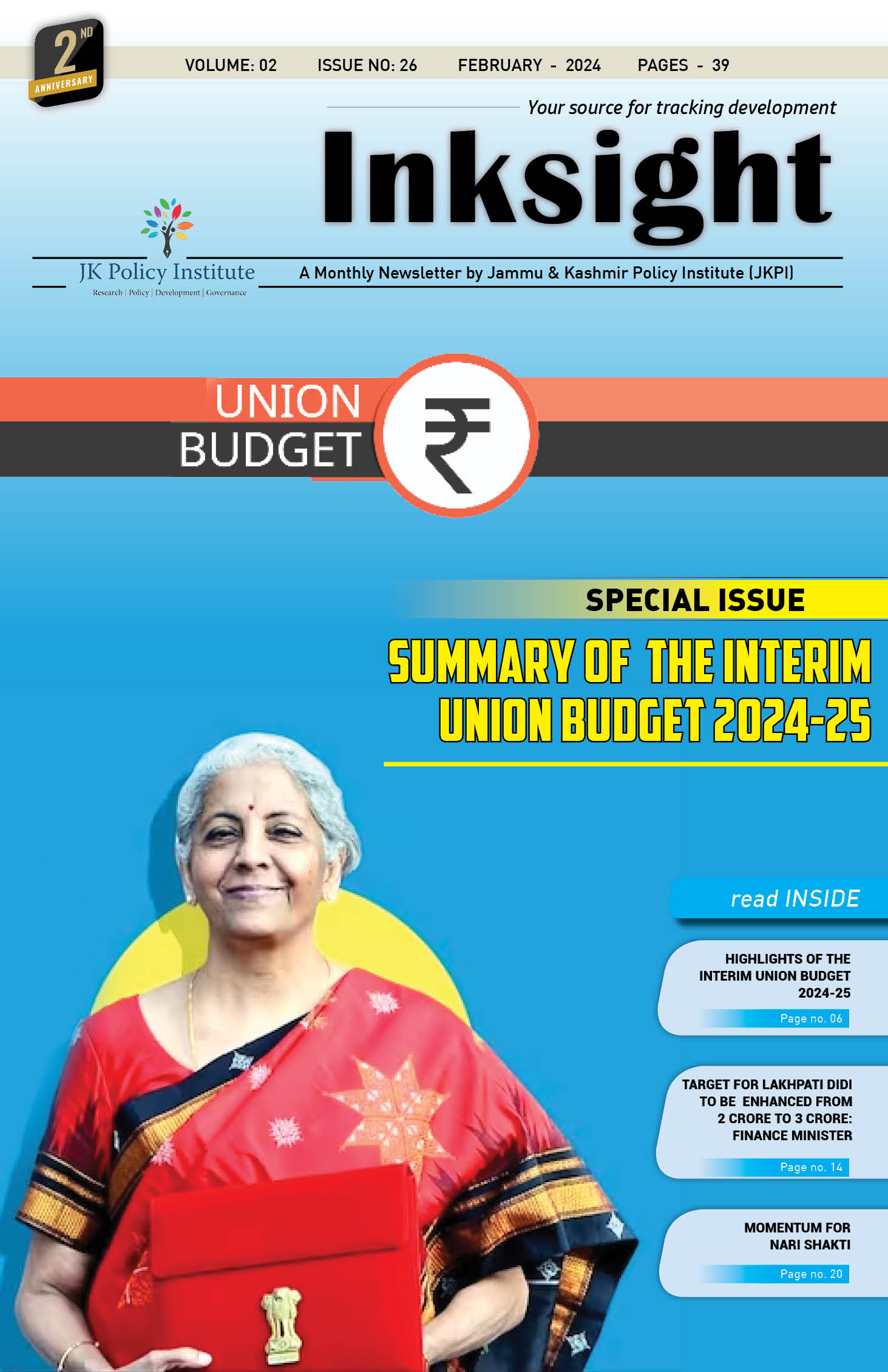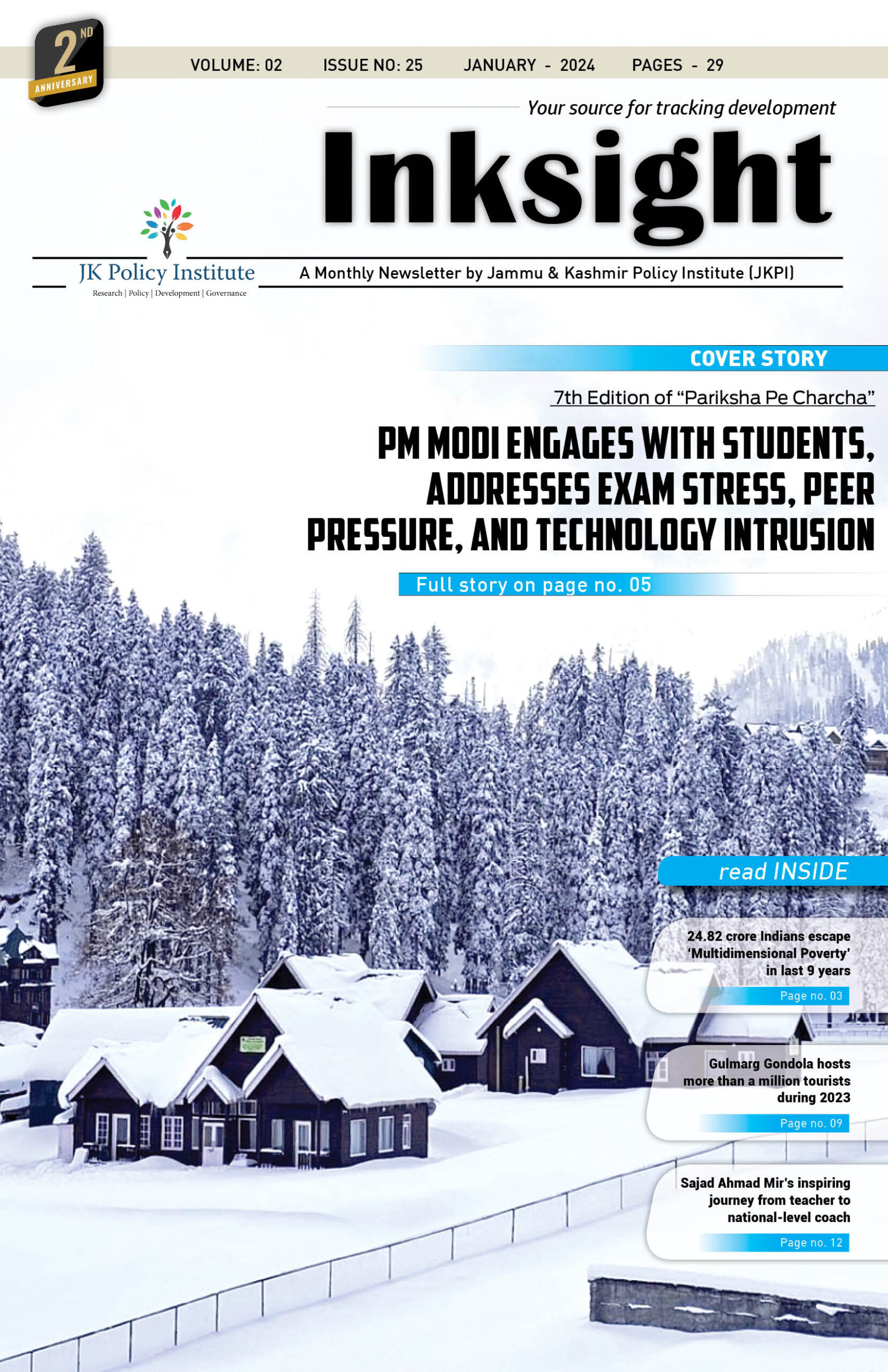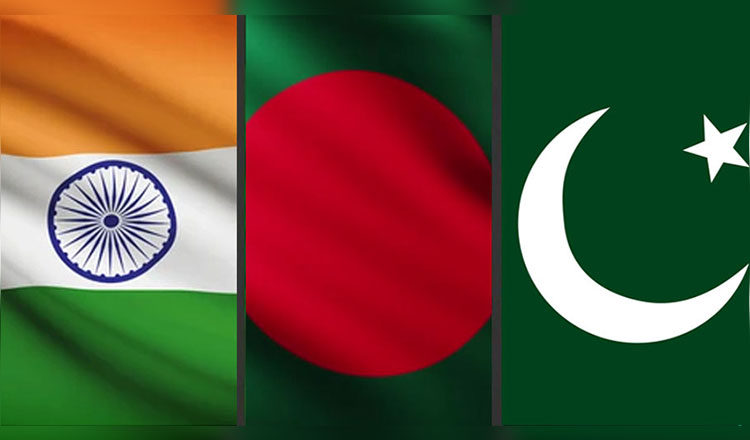Abstract
This study aims to analyse the role of Pakistan in the politics of Bangladesh how the ISI has deep-rooted itself in the political system of the country and how it poses a major threat to the Northeastern states of India, especially the lower Assam region. The study will present information available in the open source to substantiate the threat and highlight potential dangers if Pakistan’s intelligence agency- ISI can in state leaders in Bangladesh that can align with the Pakistan way of thinking and support radical Islamic ideology.
The paper is divided into 4 sections- the first section gives a historical background of relations between Bangladesh, Pakistan, and India. It gives a background of how since the times of Zia-Ur-Rehaman, the ISI slowly and gradually seeded itself in the country despite a bloody war and numerous atrocities. The second section discusses the current political scenario and how Pakistan is meddling with the politics of the country and at the same time raising Proxy groups in the country to destabilise India at its North-Eastern periphery. The third section highlights the future threats and how Pakistan is using the “Beartrap strategy”, that it employed in Afghanistan to lure the Soviet Union into a war and fought through Proxies. The final section will be the conclusion and mention the steps that can be taken by India to mitigate the threat and secure its strategic peripheries.
Introduction
Since the independence in 1971 after a bloodbath and numerous atrocities committed against the Bangla people by the Pakistani army to crush any voice of dissent and dilute the cultural identity of the people through various steps and measures starting from making Urdu the official language for all purposes to brutally cracking down on activism origination in the erstwhile “East Pakistan”, led to the war of independence in the December of 1971 and liberating the country and giving birth to Bangladesh. Awami League has enjoyed popularity since the 1970s and a government under the leadership of Sheikh Mujib ur Rahman was formed in 1971 after the liberation. Since then, the country has faced many political assassinations, coups and countercoups that have always kept the country in a state of political instability. One such turning point in political history came in 1975 when Sheikh Mujibur Rahaman was assassinated and Zia ur Rahman took over the nation and imposed military rule. Bangladesh underwent some major changes under the leadership of Zia. He Islamised the country and idealised the value of sharia in the constitution of Bangladesh by enshrining “Bismallah-ar-Rahman-Rahim” in the preamble. The 5th constitutional amendment in 1979 further strengthened the grip of Zia over Bangladeshi politics as it disallowed any law passed under martial law to be challenged in any court or tribunal within the country. The oppressive regime of Zia also amended its relations with Pakistan and opened diplomatic channels which will be analysed in the later sections. The overall assessment is that the ISI has used proxies such as Lashkar and Jamaat-e-Islami to propagate jihadist ideals and radicalise the youth to raise terrorist groups in the backyard of India which not only endanger the integrity of India and pose a threat to its national security but also will hamper the economic development and growth of Bangladesh.
Body
Introductory part
The Awami League (AL) and the Bangladesh Nationalist Party (BNP), the two contenders for power in Bangladesh are complete opposites in ideologies. While the Awami League has a more secular outlook and focuses more on economic development, the Bangladesh Nationalist Party has a radical Islamic outlook that emphasizes jihad and the Muslim Brotherhood. Liberation has been of key importance in the Bangladeshi politics. Both AL and BNP have very different connotations hence the effects of their ideology are reflected in their policies and political stances on various domestic and international issues. Since Sheikh Hasina came to power in 2009, she has taken some drastic steps to curb the radicalisation and instituted a tribunal to investigate various tribunals to investigate various political killings including her father’s- Mujibur Rehman. Awami League has always strived to install a democratic government in Bangladesh and bring stability and development.
Descriptive part
The ISI has been using Bangladesh as a staging area to destabilise the Northeast of India since the 1990s. Lower Assam’s ethnic swamp has served provided a true point of entry for radical outfits to infiltrate the heart of mainland India. The emergence of fundamentalists was a result of the large entrance of the terrorist group Al Qaeda associated with Ansarullah Bangla Team entering Assam from Bangladesh, the rising radicalization within the Indian subcontinent, and the polarisation of India’s democracy appear to confirm this point. Although there currently has been something of a “cold war” among democratic organisations inside Pakistan as well as the ISI, the reality remains eternally that the ISI operates as a “state within a state,” and only a handful of elected representatives in Pakistan have proven competent to put a stop upon this wild administration in past decades. The ISI’s deep-state functioning requirements are untainted by democratic oversight, and the current ISI chief, Lt Gen Nadeem Anjum, is most likely currently checking his organization’s sights on compensating for Sheikh Hasina and creating Bangladesh’s turf around India over a new anti-India disparaging narrative.
The China Factor
Bangladesh and China have had a diplomatic connection since the Chinese government recognised Dhaka in 1975. Following then, their friendship has blossomed and evolved from a normality into an all-weather friend. Bangladesh and China’s connection has grown significantly as a result of several mutually beneficial contracts, industrial agreements, trade strategies, and collaborative industrial and commercial organisations, with collaboration sectors continually growing. The two nations now have a solid political relationship in the vicinity. A considerable measure of investment and commercial movement supplements each other’s economic interaction. Chinese investment in the country has expanded tremendously in the past few decades, as it has throughout virtually every other South Asian state. The cumulative Chinese FDI climbed between US$69.73 billion in 2015 to US$444.85 million by 2021. Notably, the Chinese serve as the second-largest contributor in Bangladesh, following only the United States. Chinese funding has mostly flowed into the clothing, textile, energy production, and infrastructure sectors. The BRI also includes Chinese investment in the nation’s electricity generating and manufacturing sectors. Beijing has committed to spending US$38 billion throughout the nation, which is third in terms of GDP in this region shortly after Pakistan. In terms of industry, the two countries have a robust relationship, however, it is heavily skewed to the PRC’s benefit. Trade between the two countries climbed from 14.8 billion USD in 2015, to nearly 30 billion USD in 2022. Chinese accounts for almost all of Bangladesh’s overall imports throughout the rest of the globe, which mostly include textiles, technology, and refined petroleum goods.
According to the Chinese Ambassador to Dhaka Yao Wen, the Chinese support Dhaka’s polls to be conducted in accordance with the laws, and those involved to sort out their disagreements to preserve social and political equilibrium. A watershed point in Bangladesh-China relations occurred in the year 2012 when the International Monetary Fund officially accused Bangladeshi politicians of engaging in corruption during a massive construction complex spanning the Padma waters. Bangladeshi Prime Minister Sheikh Hasina saw the International Monetary Fund’s claim as a challenge to her professional standing and requested Chinese assistance for wrapping up the development.
While Bangladeshi civil rights groups, coalitions of opposition parties, the general population, and opponents of the Awami League administration broadly favour US policies towards Bangladesh under Biden’s presidency, the Chinese mainland, like India, has endorsed PM Hasina. While Hasina encountered Chinese President Xi Jinping on the sidelines of the inaugural BRICS summit in 2023, Xi told his partner that Beijing would reject outside influence within Bangladesh and deepen its trade relationship alongside it, guaranteeing her the nation might count on Beijing in the face of United States exertion.
Bangladeshi individuals critical of the governing Awami League claim that its administration is modelled after the Chinese leadership, in which ideological rivalry is absent, presidential elections are simplified to a formality, political expression is restricted, and accounts of building roads and bridges take precedence over constitutional security.
There is a chance that Dhaka may move farther towards Chinese influence after the following election, which many outsiders believe is unlikely to be open to everyone since the Awami League intends to remain in its position and would utilise its machinery to do so. The Dhaka administration could find itself unable to continue ignoring the US for long since American-Bangladesh connections are multifaceted and firmly established in individual-to-individual interaction. Dhaka requires both China and the United States, but merely one of these two countries is working to propel Bangladesh closer to resorting to China.
Conclusion
The Maldivian’s last presidential vote provided a stage for the Indian Chinese competitiveness, resulting in the newly elected president, Mohamed Muiz, declaring “Indians away” a prominent topic of his presidential bid. We additionally saw both big forces compete for position throughout the Nepalese campaign of 2022. Although the Bangladeshi state of affairs varies compared to those among its neighbouring South Asian peers, the China and India competition continues to be an essential element. Both nations’ interests regarding Bangladesh have grown during the last two decades, demonstrated by the rising global conflicts encircling the next elections. Whatever the explanations for India’s modest reaction, it is unambiguous that America has switched its attention from seeing the Bangladeshi situation primarily under the Indian lens. Rather, its priority on fostering a system of government in Bangladesh, particularly to combat the growing presence of China within the nation, will have a big impact on India’s position in the Bangladeshi legislative elections in 2024.
References
-
Choudhury, R. N. (2023). China in Bangladesh: Developing Infrastructure or Deepening Influence. In Mapping Chinese Investment in South Asia (pp. 65-93). Singapore: Springer Nature Singapore.
-
Shivamurthy, A. G. (2023). Bangladesh’s Elections Show Limitations for India-US Cooperation in South Asia.
-
SOUTH, T., & KOREA, S. (2023). INDIA HUNAN BANGLADESH BHUTAN GUIZHOU. The Statesman’s Yearbook 2023: The Politics, Cultures and Economies of the World, 303.
-
Islam, M. S. EVALUATION OF THE FOREIGN POLICY OF BANGLADESH AWAMI LEAGUE (2009-PRESENT).
-
Chowdhury, I. A. (2023). Bangladesh’s Balancing of China and India: Navigating Between Scylla and Charybdis. In Coping with China-India Rivalry: South Asian Dilemmas (pp. 19-28).








Leave a Reply
You must belogged in to post a comment.